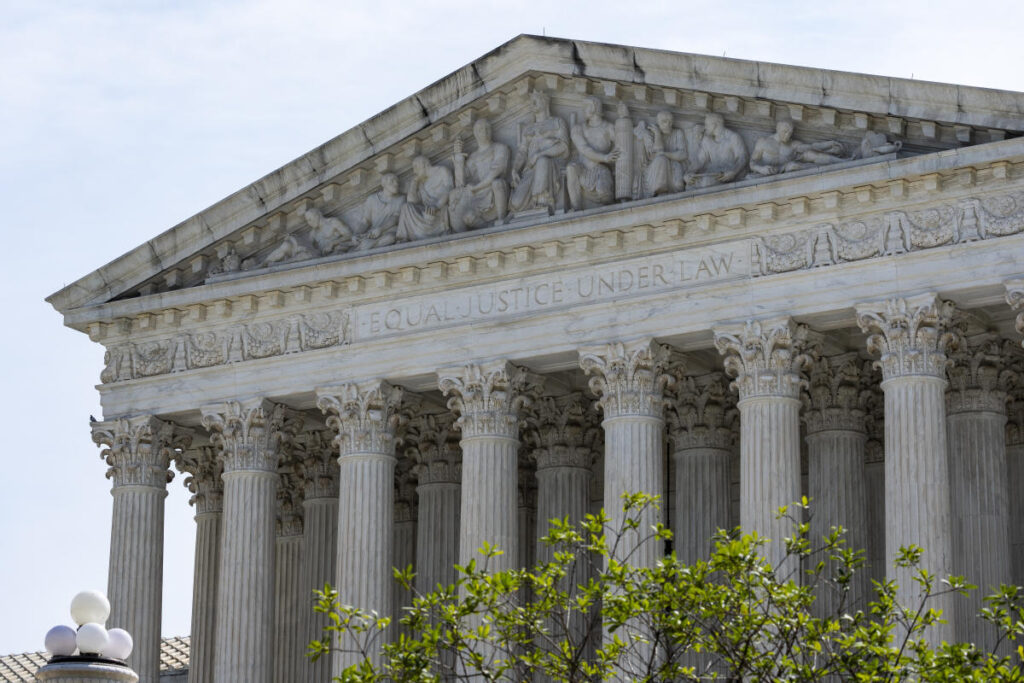The Supreme Court’s intervention in the 2000 presidential election between George W. Bush and Al Gore stands as a pivotal moment in American history, wherein the court’s decision to halt the Florida vote recount essentially ensured Bush’s victory. This case is one of the most significant examples of judicial involvement in a post-election dispute, but it is not an isolated incident. The judicial branch does not have a formal role in the electoral process, and typically, judges refrain from engaging in political matters to avoid perceptions of bias. However, as noted by legal scholar Paul Schiff Berman, the frequency of election disputes ending up in court has increased significantly since Bush v. Gore.
In the lead-up to the 2024 elections, concerns over the potential rise in election-related litigation have intensified, especially following previous tumultuous events surrounding the 2020 presidential election. Former President Donald Trump’s unfounded claims of widespread voter fraud led to a multitude of failed lawsuits. This trend suggests that the upcoming election cycle could be fraught with legal confrontations over various issues related to vote counting and election integrity. The current landscape of American democracy appears more vulnerable to judicial interference, raising questions about the integrity of a nonpartisan electoral process.
In the current political climate, potential election-related litigation could manifest in several ways. For instance, on election night, lawsuits might emerge regarding the accessibility of polling places, especially in cases of unexpected complications affecting voter turnout. Once the votes are cast, disputes might arise concerning the vote counting process itself. Allegations against election officials, challenges regarding the validity of certain ballots, and disputes over certification processes could all find their way into courts, particularly given recent changes to the Electoral Count Act, which governs the presidential election certification process.
With growing anxiety surrounding electoral integrity, legal experts emphasize that the implications of such lawsuits depend largely on the number of contested votes and the specific remedies sought. Steven Schneebaum, a legal analyst, points out the complexities surrounding election lawsuits and the often unclear nature of judicial remedies. He highlights the potential for significant judicial involvement if an election is too close to call, particularly in critical swing states that could determine the outcome. The election’s proximity will likely influence whether legal challenges can effectively alter results.
However, the hurdles for overturning an election through judicial means are substantial. According to Rick Hasen, an election law authority, the standard for proving substantial irregularities or problems in the election process is exceedingly high. Courts generally prefer that electoral outcomes reflect voters’ will rather than judicial intervention. This underlying principle underscores the challenges plaintiffs face when contesting election results in court. The legal framework aims to maintain public trust in the electoral process, underscoring the trend that elections should be settled at the ballot box rather than through litigation.
In summary, America is experiencing a notable increase in judicial involvement in election disputes, particularly since the notorious Bush v. Gore case. This trend raises questions about the future of electoral integrity, as the 2024 elections approach amidst heightened legal scrutiny. While the involvement of courts in resolving election disputes sometimes seems inevitable, it is crucial to balance this with the fundamental principle that elections should ultimately be determined by voters, not legal battles. The AP, through its democracy initiative, continues to offer insights into the electoral process, emphasizing the importance of understanding these dynamics within the broader context of American democracy.

